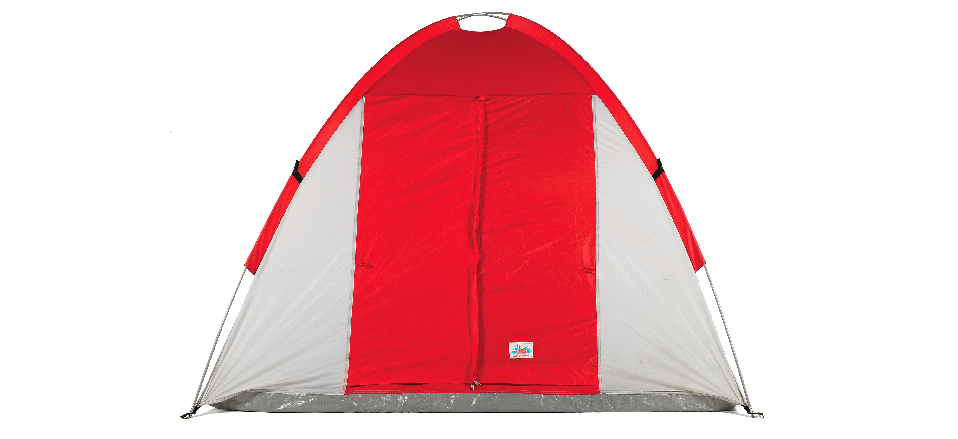By Melissa Wuske
Overcoming Odds for Education
Fred Barley, age 19, is not a typical student. He is homeless and rode six hours across Georgia on his little brother’s bike to get to campus to register for classes. Since the dorms wouldn’t open for several more weeks, he pitched a tent on campus and began to look for work. Later that evening, police officers responded to reports of someone living in a tent. As soon as Barley came out, they realized he was a man in need, not a criminal. The officers took him to a motel and paid for him to stay two nights.
One of the officers’ wives posted on the community Facebook page, and offers of help began to roll in. People helped pay for Barley’s motel room, got him clothes and a bike, and a local pizza shop hired him to wash dishes. “More important than everything—the clothes, the shoes—the relationships mean so much more to me,” Barley said. He said that God has been keeping him going.
Evangelical Doesn’t Mean What It Used To
The presidential election season has highlighted the shift of the term “evangelical” from its historical roots, according to Thomas Kidd of Baylor University. “Swimming against the stream of culture, the evangelicals of the Great Awakening of the 18th century preached against the idea of an in-name-only affiliation, declaring you must be born again,” Kidd said.
Beginning with evangelicals’ support of Reagan, who himself was not an evangelical, “self-identifying white evangelicals have often been okay with candidates who learn evangelical lingo, and who promise good Supreme Court appointments, whatever the candidate’s other positions and background,” Kidd said. “This meant that the public could disassociate evangelicals from theology, or affinity with other evangelicals, and link them inextricably with GOP politics.”
“These vague associations have turned ‘evangelical’ into a term that luminaries like Edwards and Whitefield would not recognize,” Kidd said. “And, more problematically, they represent a faux gospel of moralism, nationalism, and politicization. That is a gospel that certainly cannot save.”
Hotel That Gives Back
Photographer, philanthropist, and activist Jeremy Cowart is raising funds through Kickstarter to open the Purpose Hotel in Nashville, Tennessee. The hotel, hoped to be the first of a worldwide chain, will use every aspect of each room to raise awareness and funds for needs and causes around the world.
“Every time you book a room,” the Kickstarter page explains, “a child gets sponsored. The Internet fee fights human trafficking. Every product (soap, shampoo, linens, furniture, curated art, specialty products) is purchased from partners who are making a difference.”
The goal is for each night’s stay to positively impact the lives of 100 people.
“We aim to create a joy-filled space where this generation can come together and make awesome things happen.”
Middle Schoolers, 3D Printing, & an Injured Bird
Purps is a penguin in the Mystic Aquarium in Connecticut. In 2011 Purps injured her foot, damaging a tendon. Since then Purps has worn a bulky cast to support her foot so she could walk. The cast needed to be replaced often, and even with it, the endangered bird limped along. Now, thanks to a partnership between the aquarium, Mystic Middle School, and ACT Group (a technology company), Purps has a new, lighter, more durable boot.
The aquarium wanted to make a new boot using a 3D printer and enlisted the help of the middle school students to engage them in the process of using cutting-edge technology to help an endangered species. The ACT Group provided the printers and supported the students and teachers as they learned how to use the technology. Today Purps can walk more smoothly and function much like the other penguins.
Melissa Wuske is a freelance editor and writer. She and her husband, Shawn, live and minister in Jamaica Plain, Massachusetts. Find her work online (melissaannewuske.com).



Comments: no replies